“Tenderness is the new punk”
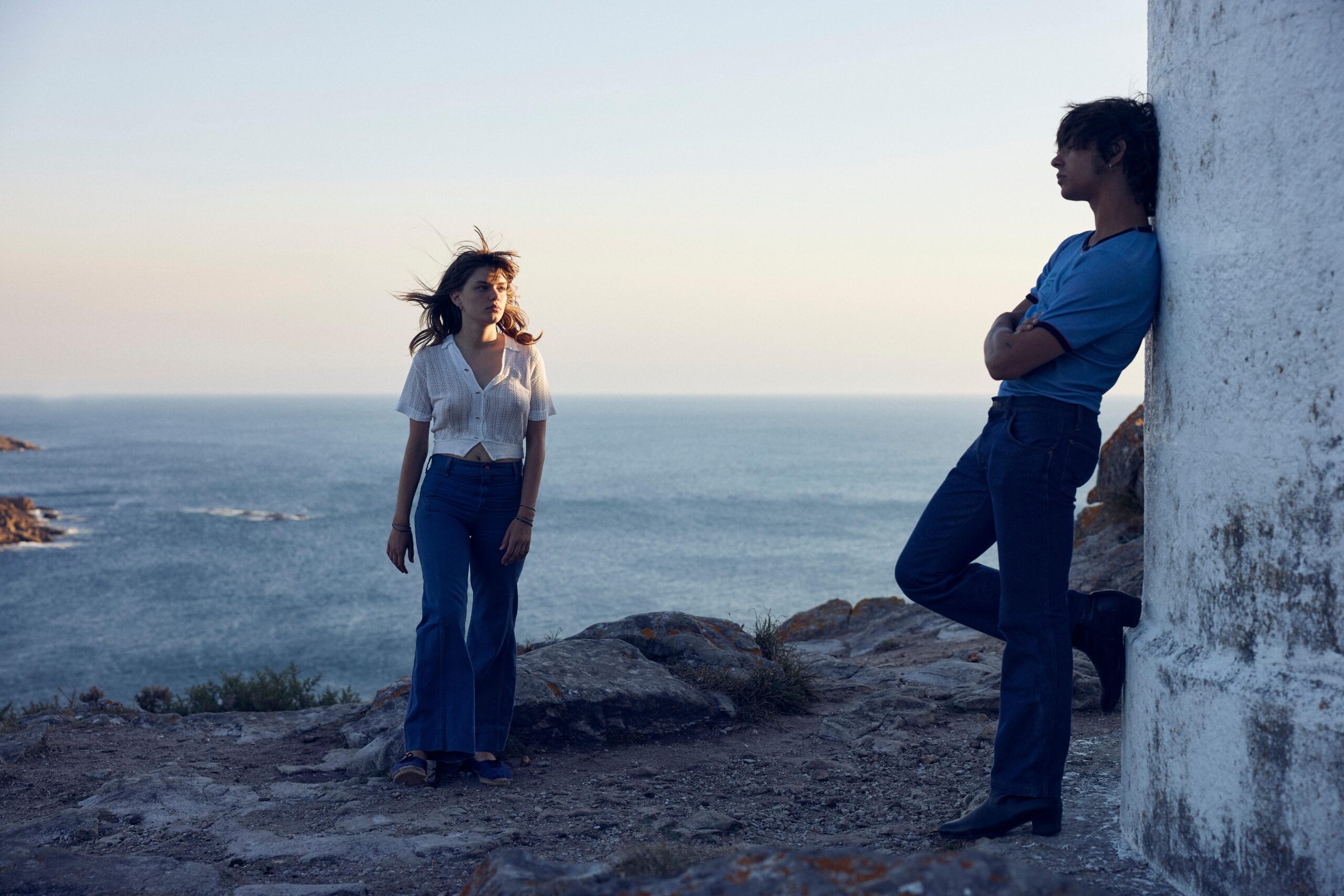
ROMERIA © QuimVives_ElasticaFilms
As this year’s Cannes Film Festival neatly wraps up and the theatre releases start to trickle in, we’re serving up our most delectable takeaways from la Croisette this season. Consider this your cheat sheet of sorts to the Official selection, because while diving head first into Letterboxd reviews is undeniably entertaining (and ever so slightly addictive), we’re here to save you some doom-scrolling time with recommendations that will truly make you feel all the feels.
On the grounds at Cannes, everyone’s got opinions and trust us, they’re not shy about them. Narratives around films crystallise before the credits even start rolling: Sentimental Value had critics springing onto their feet to clap, Die, my love was deemed deliciously loud, but some films, like Alpha by Julia Ducourneau, kept everyone confounded, proving that even the most seasoned festival-goers can’t always predict what’ll stick. Between the double Josh O’Connor sightings (because one wasn’t enough to handle) and the infamous Resurrection walkouts that permeated conversations for days, we’re here to cut through all the noise with our must-watch picks—no press accreditation required.
P.S. You can skip The Phoenician Scheme, sorry Wes Anderson (a bit of a snooze fest), or don’t, as Michael Cera is in it, so that might do it for you.
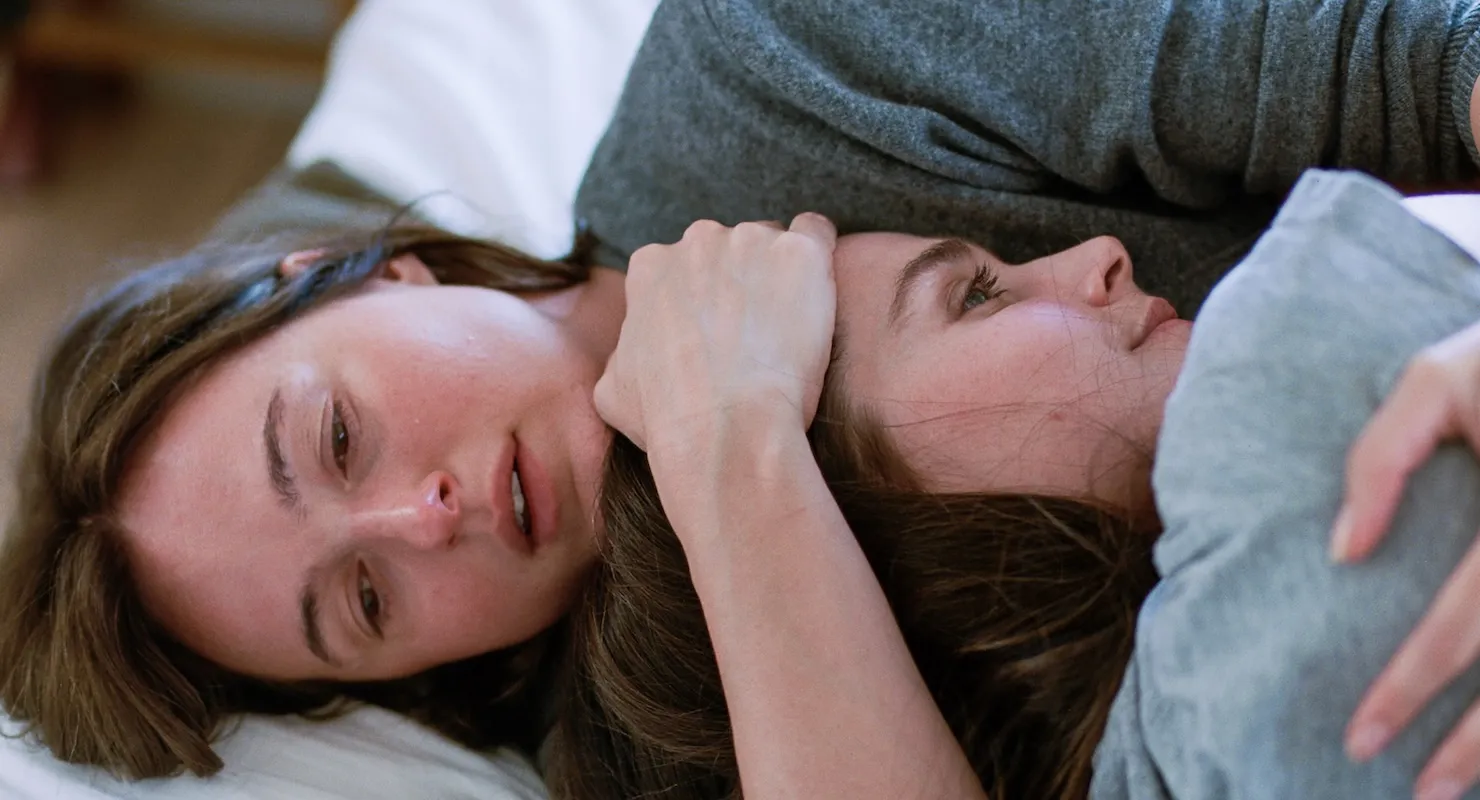
SENTIMENTAL VALUE © Kasper Tuxen
SENTIMENTAL VALUE
Sentimental Value officially marks the beginning of Joachim Trier summer—yes, it’s a thing, and yes, Elle Fanning‘s press conference t-shirt made it canon after Charli XCX‘s Coachella shout-out. The director who gave us The Worst Person in the World (and subsequently took over every Letterboxd top four) is back with Sentimental Value, a tender tale where love is lost and found over and over again, proving there can be something genuinely radical found in simply listening and embracing the other. As he declares:
“Tenderness is the new punk”
This gorgeous family saga about loss, cinema, acting, art, the complex bonds of motherhood, fatherhood, and sisterhood earned him the Grand Prix, as few people can capture tenderness and vulnerability between people like Trier. Renate Reinsve also returns not as our beloved solo protagonist but as part of this dysfunctional family, alongside Stellan Skarsgård, the charismatic father figure who gifts his 7-year-old nephew a copy of Irreversible and The Pianist for his birthday (because ofc he does). Set in a house that holds generations of memories and traumas seeping through the visible cracks on the walls, it’s a film about the weight of home, the mess of family, and how art can somehow redeem us all. You’ll find bits of yourself reflected in each character, and that recognition is what makes it all feel so painfully real. Their emotional turmoil doesn’t stay on screen; it somehow follows you home and keeps spinning, in our case, into reviews like this one.
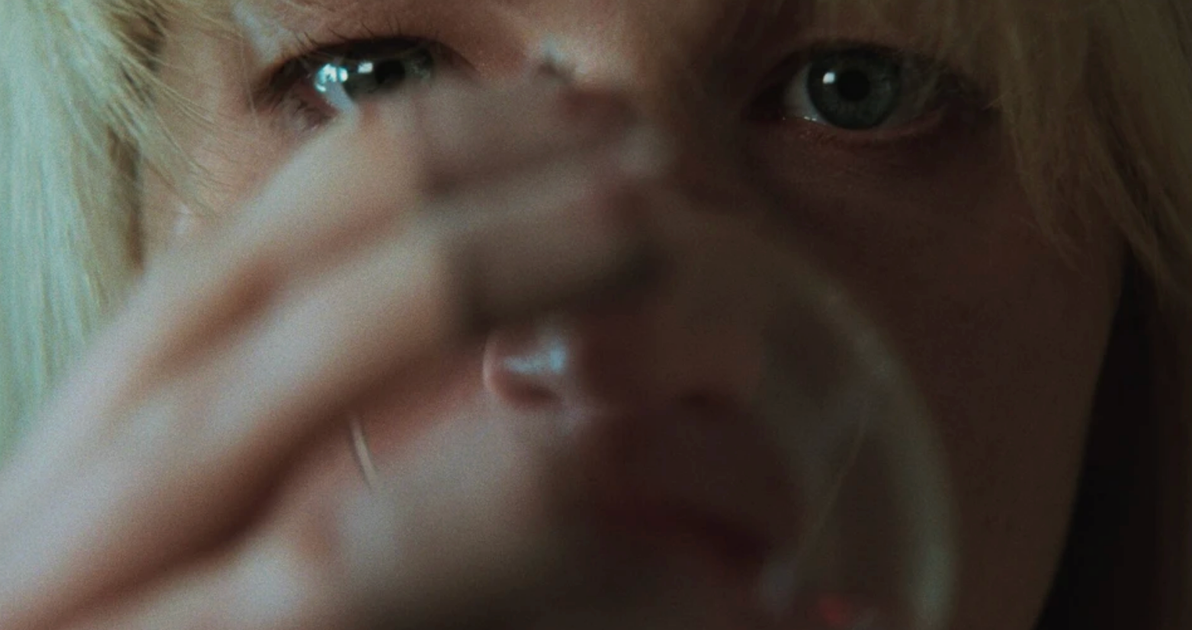
DIE MY LOVE © LYNNE RAMSAY
DIE MY LOVE
Jennifer Lawrence is having a “moment”, meaning a complete psychological unravelling courtesy of director Lynne Ramsay, the mastermind behind We Need to Talk About Kevin, who knows what she’s doing when it comes to making audiences uncomfortable. This film follows a postpartum fever dream that feels like Mother!‘s slightly more restrained version, which is saying something considering Jennifer’s character is clawing at walls until her knuckles bleed (yikes!). Set against the deceptively serene French countryside, Lawrence delivers her most complex and unsettling performance yet as a new mother battling the kind of postpartum madness that would’ve surely gotten her burned at the stake during Salem witch trial times. Robert Pattinson plays her well-meaning partner who’s desperately trying to show up as the perfect father, but inevitably falls short. His solution? Gifting her a dog for companionship, like adding another creature to care for, would solve anything???? The film plunges into a variety of primal instincts, such as the desire that drives us to love, procreate, and protect that adorable pink crying thing that comes out of it. Overall, Die My Love is bleakly funny, brutally honest, and oddly comforting despite the chaos of it all.
ROMERÍA
Aftersun again?! Not quite, but Carla Simón‘s Romería definitely knows how to tug at those same heartstrings with her semi-autobiographical journey where she struggles to understand her past. Romería will have you floating on air during its dreamlike exploration of family secrets and half-remembered truths. It’s the kind of gorgeously fragmented storytelling that’s easy to get completely lost in. The film captures the experience of trying to piece together your family’s past while everyone gives you different versions of the same story plus, Carla Simón nails the specific feeling at family gatherings when you mention you’re a film student (or any arts degree tbh) and suddenly everyone’s offering you unsolicited life advice. With characters so intentionally crafted and writing so beautifully poetic, Romería strikes that perfect balance between feeling breathlessly expansive yet tightly structured—and those surrealist final moments will absolutely stick with you.
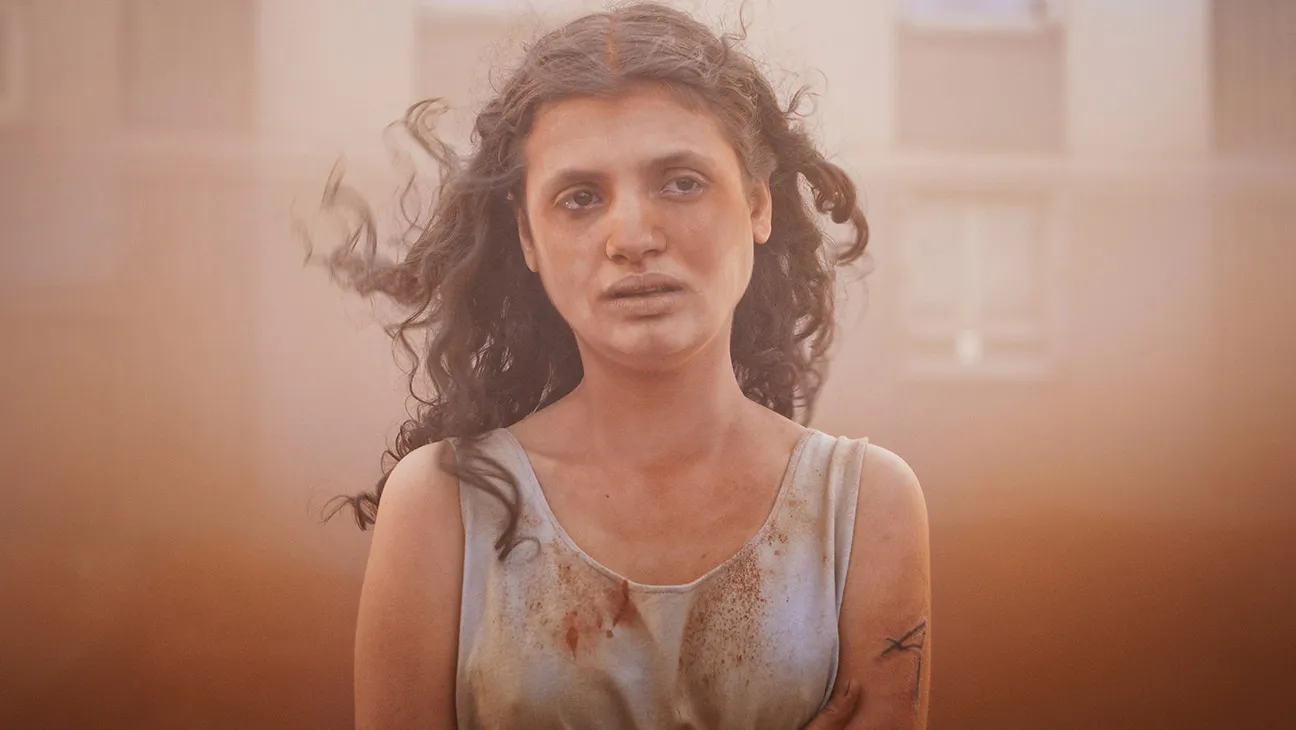
ALPHA © MANDARIN & COMPAGNIE KALLOUCHE CINEMA FRAKAS PRODUCTIONS FRANCE 3 CINEMA
ALPHA
Julia Ducournau, previously awarded the Palme d’Or for Titane, is back with Alpha, and while she’s traded her signature gore for something more mysteriously unsettling, the statuesque sickly bodies depicted are still very much doing things to us. This intimate investigation into shame and silence starts when troubled 13-year-old Alpha returns from a house party sporting an eerie tattoo. In Alpha, Julia Ducournau has swapped her usual visceral shocks for dream sequences and flashbacks, creating a gorgeously murky world of pale faces, marble bodies bleeding sand, and dust storms that feel biblical. Golshifteh Farahani delivers an outstanding performance as Alpha’s mother, a doctor who tenderly cares for infected strangers as they waste away, all while her own daughter begins displaying the very symptoms she treats every day. The film pours astonishing love and empathy through every tender embrace, especially toward those struggling with substance abuse, creating an AIDS allegory that balances stark realism with dreamlike symbolism. It’s all so beautifully granular, but like sand, it slips through your fingers and disappears, which is why we are eagerly waiting for a rewatch.
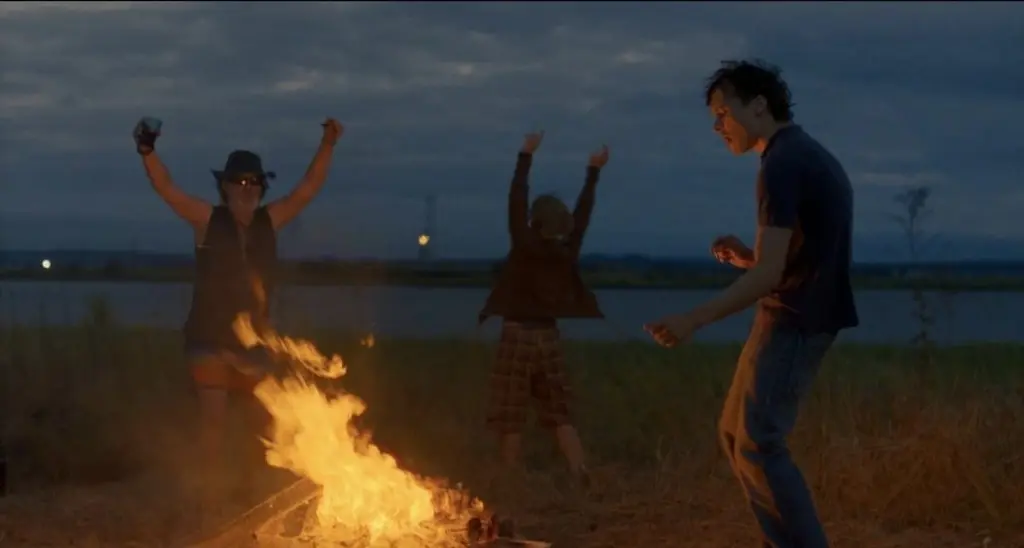
URCHIN © HARRIS DICKINSON
Special mention (URCHIN)
Harris Dickinson is now directing too, because why not do it all??? His directorial debut Urchin, premiered in “Un Certain Regard” (running parallel to the main competition). This raw, raggedy gem of a film, shot in a beautifully bare documentary style with minimal colour grading, makes it visually stand out from every other festival screening. Urchin follows Mike, a Londoner who’s been cycling through homelessness and prison for five years with the emotional openness of a literal wound. The film captures his journey from mugging to landing a cooking job at a sketchy hotel, all while listening to meditation tapes on loop that cheerfully remind him, “You’re going to be just fine. You are in the driver’s seat”—which feels both deeply ironic and oddly hopeful. Plus, there’s a little cameo of Harris Dickinson that’ll make you smile!
Words by Veronica Tlapanco Szabó
Images by the Cannes Film Festival
Notifications